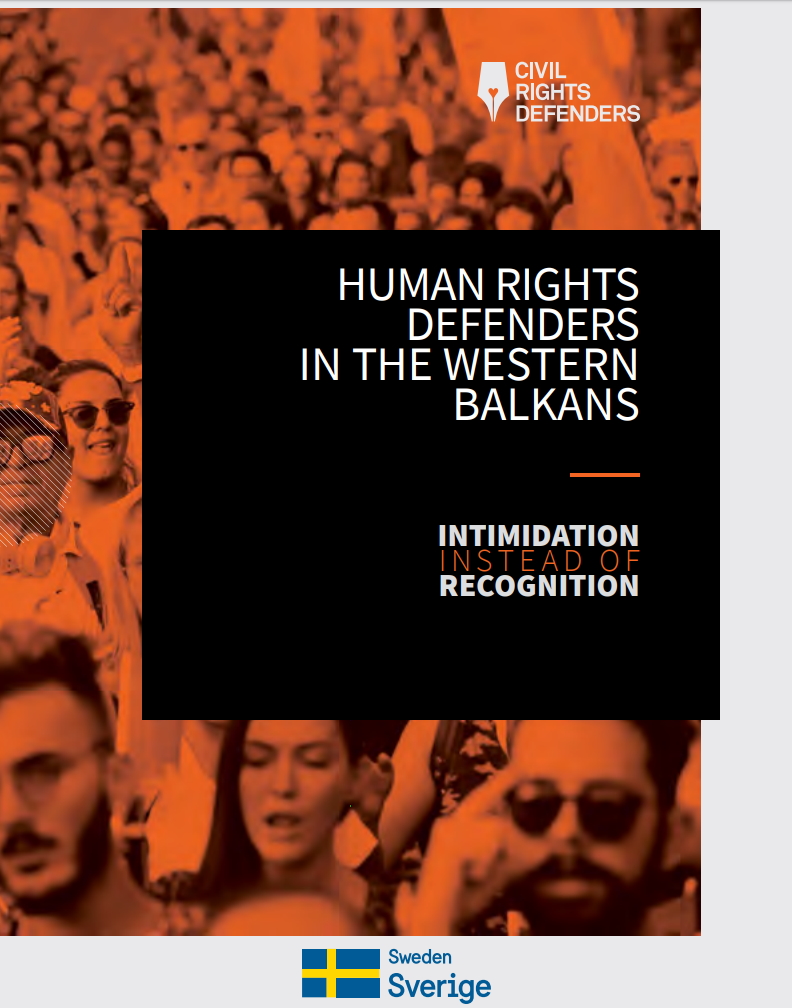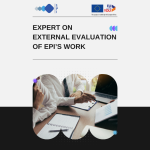Over the last two decades, Albania has made significant progress in promoting and enforcing human rights and fundamental freedoms. Human rights defenders have played an instrumental role in these achievements and the advancement of human rights, democracy and the rule of law. However, despite the progress made so far, Albania still needs to ensure full regulatory compliance with international standards and better address the concerns of human rights defenders, who are often subject to undue restrictions and hardships that undermine their work. Many of the ongoing struggles in their everyday work are caused by inadequate legal, institutional and policy frameworks. This report highlights some of the challenges human rights defenders in Albania have been experiencing and provides recommendations for overcoming them.
The research found that the threats and attacks experienced by human rights defenders in Albania range from smearing campaigns and intimidation to hate speech and harassment, both physical and psychological. Although they generally operate in a non-restrictive environment, they have also reported instances of direct and indirect pressure by the state authorities. The human rights defenders most at risk in Albania are those working to protect the rights of the LGBTI+ community, victims of trafficking and domestic violence, as well as investigative journalists, who are also subject to frequent targeted attacks. Women Human Rights Defenders (WHRDs) are particularly subject to gender-based attacks, such as online intimidation and sexual harassment. The space for demonstrating freedom of expression for HRDs has further deteriorated over the last few years, notably exemplified by the introduction of an “anti-defamation package” intended to regulate the activity of online media. On the other hand, there are few mechanisms in place to protect and promote the work of human rights defenders, such as the resolution for protecting human rights defenders, the Ombudsperson and Commissioner for Protection from Discrimination, but they do not provide for effective implementation and protection. There is no legislation in place for the authorities to act with due diligence against violations against human rights defenders in Albania. Attacks, threats or intimidations performed against human rights defenders are often neglected, disregarded or not investigated properly. The lack of proactive response by the state institutions in safeguarding human rights defenders makes their activities particularly insecure. Human rights defenders significantly contribute to promote and protect human rights and fundamental freedoms. Given the nature of their work, it is essential that the state institutions ensure appropriate recognition and protection to such groups. Moreover, although the constitution provides for an independent judiciary, human rights defenders are sceptical about the effectiveness of investigations carried out by the Albanian courts. High levels of corruption, political pressure and intimidation still continue to overshadow their independence and undermine the judiciary’s authority.
This report provides recommendations on how to improve and promote the work of HRDs. The national authorities are encouraged to improve the existing legal and institutional framework in order to ensure a more enabling environment for human rights defenders. An important step is to put in place effective protection mechanisms for human rights defenders at risk, as well as to increase effectiveness, transparency and sensitisation of the law enforcement bodies, and for the judiciary to carry out prompt investigations, to prosecute and punish perpetrators who attack human rights defenders. Further efforts need to be made in terms of encouraging a more proactive involvement of independent media, the international community and civil society in raising awareness, strengthening and promoting the role of HRDs.






